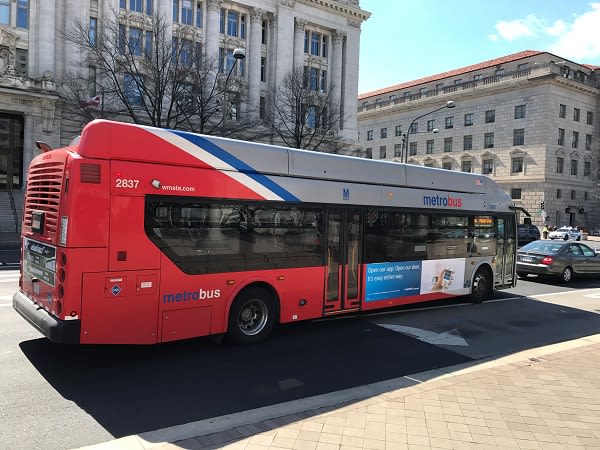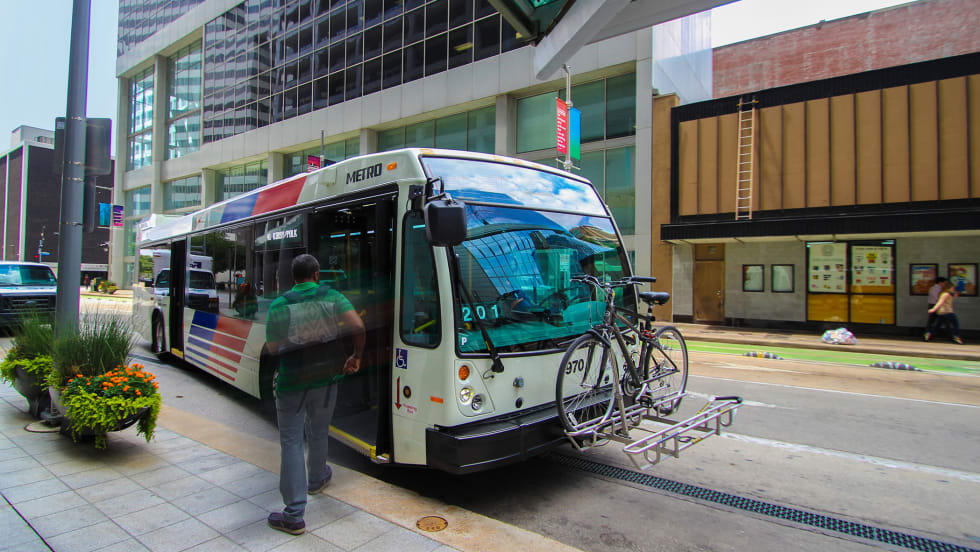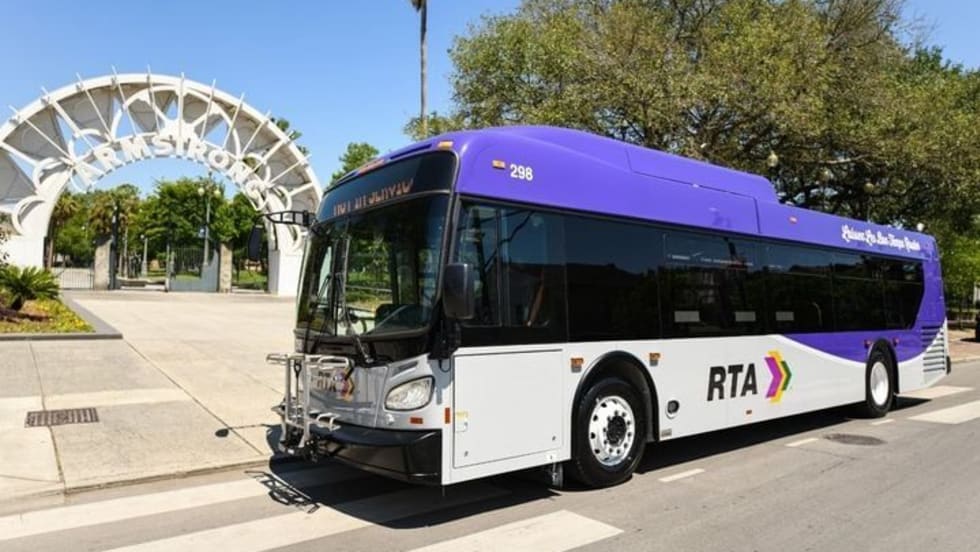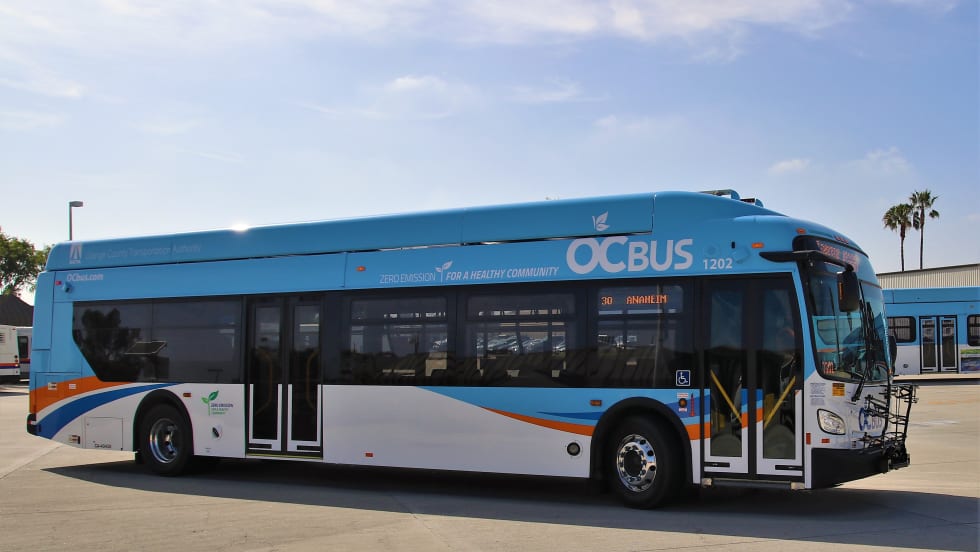New research from the Mineta Transportation Institute (MTI) evaluates ten international metropolitan areas with highly effective regional transit to identify specific characteristics, policies, and practices that contribute to their success.
The report, “Characteristics of Effective Metropolitan Areawide Public Transit: A Comparison of European, Canadian, and Australian Case Studies,” investigates four main categories: 1) metropolitan area background and setting, 2) regional transit coordinating agency, 3) customer-apparent characteristics, and 4) transit finance.
The ten case study areas included Barcelona, Frankfurt, Lyon, Milan, Stockholm, and Stuttgart in Europe as well as Vancouver, Toronto, Sydney, and Perth. The regional transit mode share for the ten areas ranged from 10% to 37% and the major city transit mode share was even higher, between 23% and 40%.
Overall, the report identifies the replicable factors in metropolitan public transportation that make transit an effective competitor to the private motor vehicle.
Researchers identified the critical presence of a Regional Transit Coordinator (RTC) in each of the case studies. RTCs ensure that schedules between modes are synchronized, coordinate long-range planning between different transit modes, and enforce a region-wide fare policy.
The research team also found three basic, but effective models of RTCs:
One agency coordinates the many separately-owned systems,
The RTC also serves as the operator of the regional rail and bus modes, or
A single public agency operates all public transit modes (busses, trams/light rail, and metro/subway) in the metropolitan area.
Principal Investigator Dr. Michelle DeRobertis points out that, “A regionwide single-fare policy that is journey-based improves customer satisfaction and ridership and thus, a coordinating entity, like an RTC, with sufficient authority to set fares appears to be essential to creating single fare policy.”
The report states that these research findings can be applied to U.S. metropolitan areas with multiple players, yielding effective, efficient, and high mode share public transit at the regional level. The research can also help U.S. policy makers and planners begin to improve the appropriate aspects of their own regional transit systems, including by improving coordination and organizational structures.
A 30-minute webinar is available on MTI’s research.













